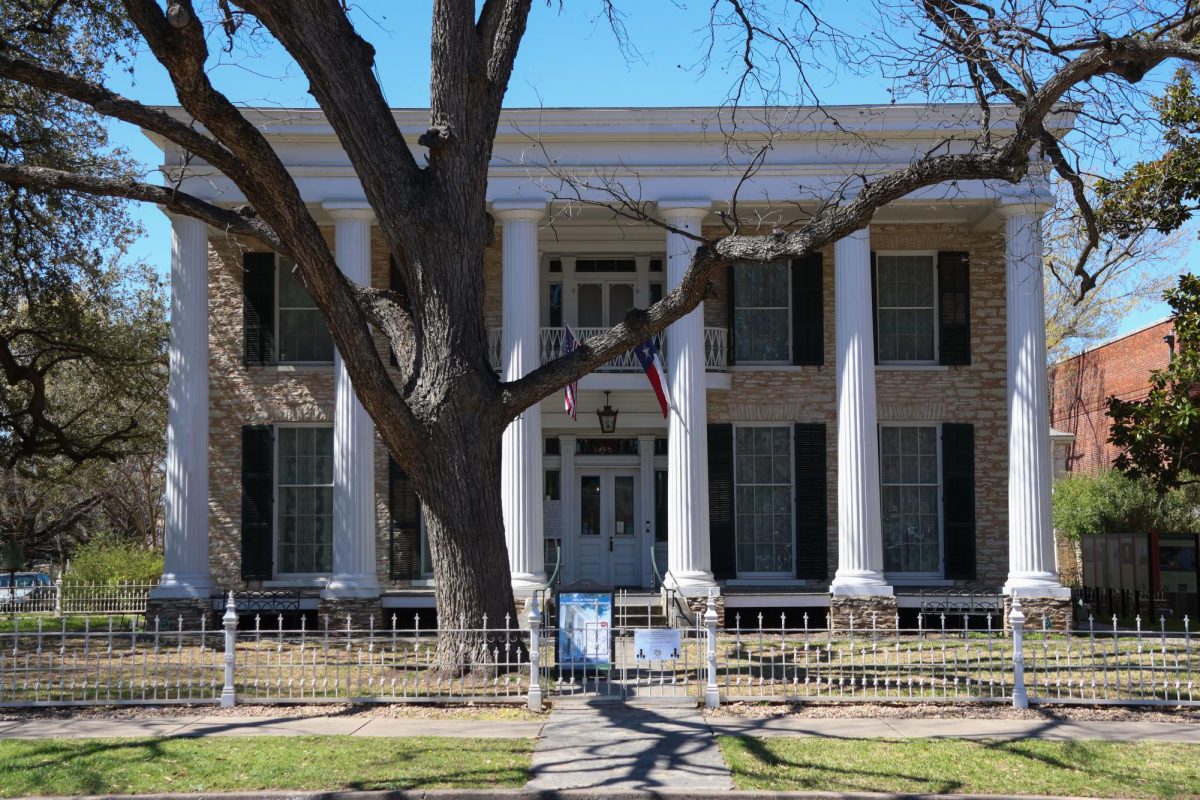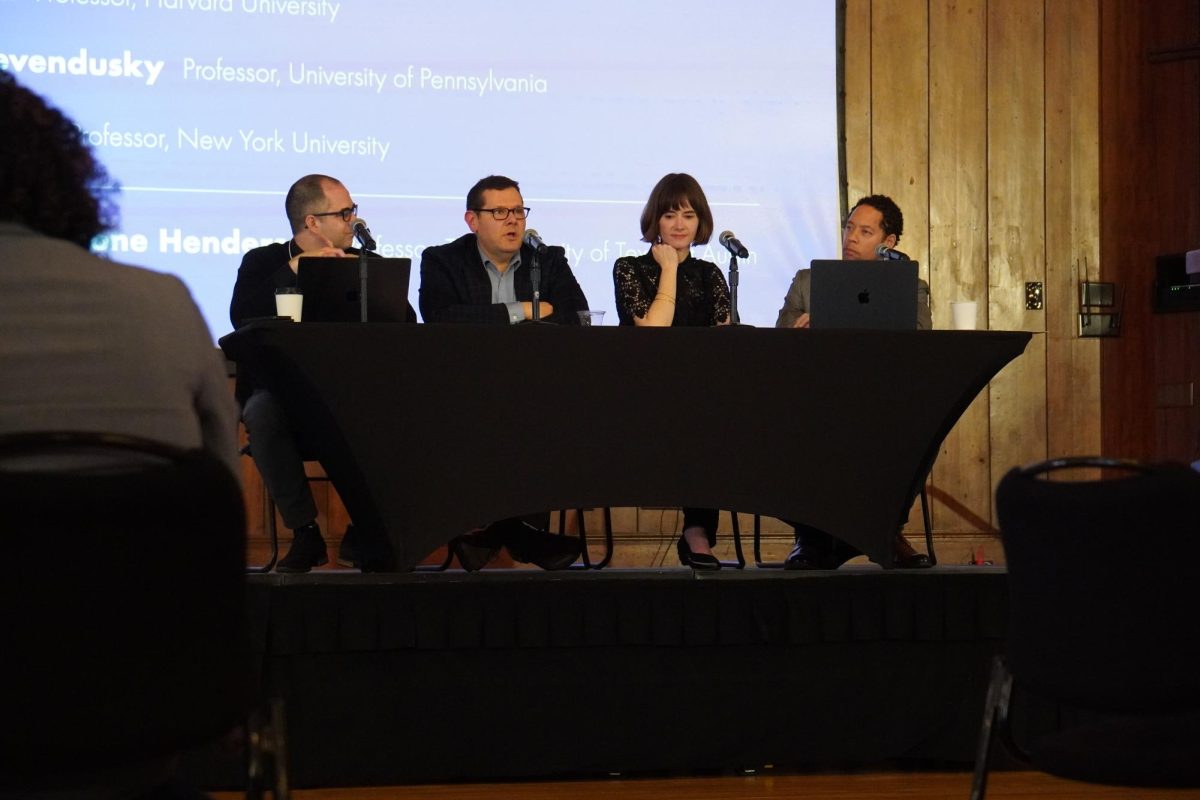The mental health professionals community in Austin needs to adapt in order to reach the city’s Latinx population, speakers said Saturday at a Latinx counseling workshop.
A UT graduate diversity committee hosted the on-campus workshop to inform and engage the community about discrimination and economic disparities facing Latinx and immigrant families seeking counseling.
“We decided to do this event about immigration for mental health professionals to be able to gain more awareness and knowledge about issues affecting immigrant families and individuals,” event organizer Sarah Arango said.
Arango, a second-year counseling and psychology graduate student, founded the diversity committee last September with fellow graduate student Whitney Adams. Arango said the workshop was the first of its kind for the committee, but she hopes to make it an annual event.
Both students and representatives from the mental health professionals community attended the workshop, which featured lectures by local counselors and psychologists.
Manuel Zamarripa is a counselor, diversity consultant and program director at South University. In today’s political climate, Zamarripa said many immigrant families face the threat of deportation and discrimination, so it is particularly important for counseling to take a specialized approach. Zamarripa, who spoke at Saturday’s workshop, said today’s mental health community is currently unable to address the needs of the Latinx population.
“It is clear if you look at mental health disparities and economic equality and education equality that Latinx families still have a way to go in terms of being included,” Zamarripa said. “The institutions … also have a way to go in terms of how to reach this population.”
Mental health institutions can address the needs of the Latinx population by changing up the traditional counseling setting, Zamarripa said. This might mean meeting clients at their homes instead of expecting them to come to a physicians office.
Kim Libby, a member of the diversity committee, said discussing issues facing Latinx communities is very important in the wake of recent political actions affecting
immigrant families.
“It’s a really important issue considering everything that’s going on in politics,” said Libby, a first-year counseling graduate student. “We want to make sure that people feel safe and that they have resources.”
Zamarripa said he thinks the workshop accomplished its goals of engaging with the community.
“I think it went really well, there was a lot of discussion, there were a lot of questions,” Zamarripa said. “I think people really got some stuff out of the discussion, and I think it also sparked some interest.”




















